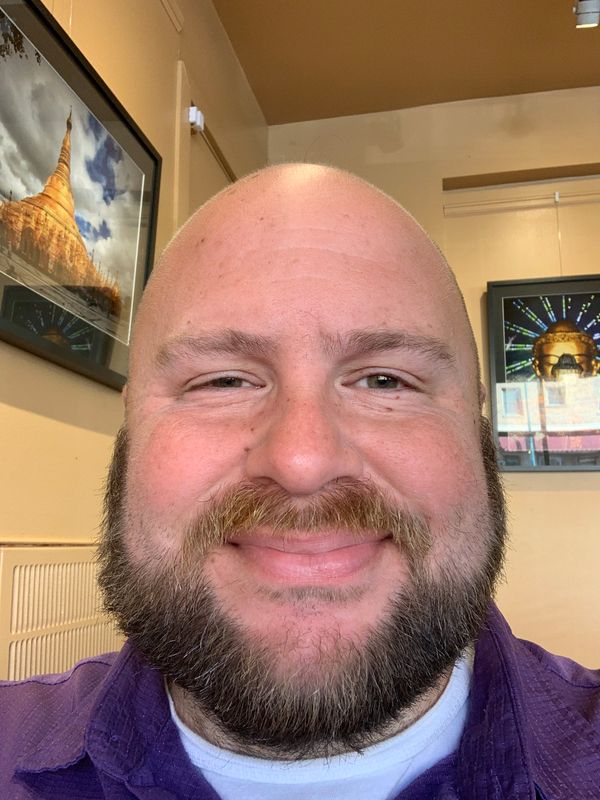VALLEJO – Vallejo officials revealed that a 6th person died last November as part of the city’s Project RoomKey program, which was intended to help vulnerable homeless people during the COVID-19 pandemic.
The disclosure came during an update about the program to the Vallejo City Council Tuesday night. City officials had said in previous statements that a “total” of five died during the nearly two-year program and did not disclose the sixth death until Tuesday.
City officials declined to provide any information about the newest death, only to say the person died away from the project site on Nov. 3, 2021. Project RoomKey was launched in the first month of the pandemic as state leaders attempted to stop the spread of COVID-19 by offering hotel rooms for people experiencing homelessness.
Assistant City Manager Gillian Hayes was defiant during Tuesday’s meeting, saying the city had nothing to say about the deaths.
“The city is not going to make specific comments related to the deaths,” she said. “Those coroner reports are public information, you can go through the Solano County sheriff to grab those but the city, at this point, is not going to comment on any of those at this time.”
In response to questions from the Vallejo Sun, Hayes said in an email that the person’s death “had nothing to do with the program,” and that “the participant was in the process of exiting the program at the time of death.”
“We did not count that as an on-site death but in an abundance of over transparency, in the presentation we identified the four that deaths occurred onsite, as well as the two that occurred offsite, outside of the program,” she added.
The city finally acknowledged last April that there had been five deaths in the program after the Vallejo Sun independently confirmed the deaths. At least three program participants died in their rooms and were in advanced stages of decomposition when finally discovered.
 The Vallejo SunBrian Krans
The Vallejo SunBrian Krans
Those discoveries raised questions on how bodies were allowed to decompose when service providers were expected to routinely check in on program participants.
Community member Andrea Sorce spoke during the meeting, questioning the lack of information.
“The issue wasn’t that people died while participating in the program, we now know there were six,” Sorce said. “But the issue was that the bodies decomposed in hotel rooms and that family members had been concerned and asked for welfare checks and those checks didn’t happen.”
Sorce also asked about the service providers associated with the city’s program.
There was significant turnover in city personnel and site locations during the program which ran from April 2020 to January 2022.
The Sun previously reported that the city was warned of deteriorating and hazardous conditions inside hotels it used for Project RoomKey, but the city’s former housing manager either ignored them or took measures that were inadequate.
Emails between former Vallejo Housing and Community Development Manager Judy Shepard-Hall and the city’s contracted case management provider Unity Care show that Shepard-Hall received a scathing mold evaluation of a motel housing homeless people but didn’t act on it for six months.
Shepard-Hall was placed on paid administrative leave in May 2021 and ultimately left the city last December.
Unity Care was the case management provider between October 2020 and October 2021. The city changed service providers three times, with Shelter, Inc., managing the program from October 2021 until January of this year, when the program ended.
John Eckstrom, chief executive officer of Shelter, Inc., told the council that the nonprofit’s model is to provide wrap-around services for the unsheltered.
“You just can’t give them a place to sleep, and feed them meals, you have to provide those services,” said Eckstrom. “A part of our mission statement is to help people become self-sufficient.”
That position appears to contradict comments made by City Attorney Veronica Nebb in January, when she responded to criticism during a council meeting about the city’s role in Project RoomKey.
Nebb said at the time Project RoomKey was not a city program and participants were “adults with rights.”
“Adults, some of whom wanted to be, for a lack of a better word, managed and have services, and some of which did not and did not wish to open their doors or have people come in. No one was forced to do that,” Nebb said.
In January, the council approved a $290,000 grant agreement with the nonprofit Fighting Back Partnership to fund a housing voucher or mobile home rental program for about 50 people who lost their shelter when Project RoomKey ended on Jan. 5. Fighting Back Partnership was the original Project RoomKey service provider from April to October 2020.
City officials said that when the voucher program ended, some participants were offered a bed at the Christian Help Center, a homeless shelter, or were given a chance to take over a lease of the mobile homes they were already occupying.
Officials also shared data on what happened to those who exited Project RoomKey: 53 participants found a permanent place to stay and 79 relocated to temporary housing. The program served 175 individuals, including 143 families. The average monthly cost to operate Project RoomKey was more than $309,000 with the average cost per person $38,945.
The normally stoic Councilmember Katy Miessner, at large, expressed anger with criticism levied at city staff.
“We did our best, everybody did the best that they could,” Miessner said. “I just hope this is the end of this conversation. I wish the people who call up complain, I wish they would help out as well because we all need help.”
City Manager Mike Malone echoed similar sentiments.
“Project RoomKey was not a perfect program throughout the state,” he said. “It's unfortunate that some of those individuals passed while in the program, I think everyone did the best job that they could.”
Scott Morris contributed reporting.
Before you go...
It’s expensive to produce the kind of high-quality journalism we do at the Vallejo Sun. And we rely on reader support so we can keep publishing.
If you enjoy our regular beat reporting, in-depth investigations, and deep-dive podcast episodes, chip in so we can keep doing this work and bringing you the journalism you rely on.
Click here to become a sustaining member of our newsroom.
THE VALLEJO SUN NEWSLETTER
Investigative reporting, regular updates, events and more
- Housing
- government
- Vallejo
- Vallejo City Council
- Vallejo City Hall
- Gillian Hayes
- Project Roomkey
- Andrea Sorce
- Unity Care
- Fighting Back Partnership
- Shelter Inc.
- Judy Shepard-Hall
- John Eckstrom
- Veronica Nebb
- Christian Help Center
- Katy Miessner
- Mike Malone
- homelessness
- health
- COVID-19

John Glidden
John Glidden worked as a journalist covering the city of Vallejo for more than 10 years. He left journalism in 2023 and currently works in the office of Solano County Supervisor Monica Brown.
follow me :




